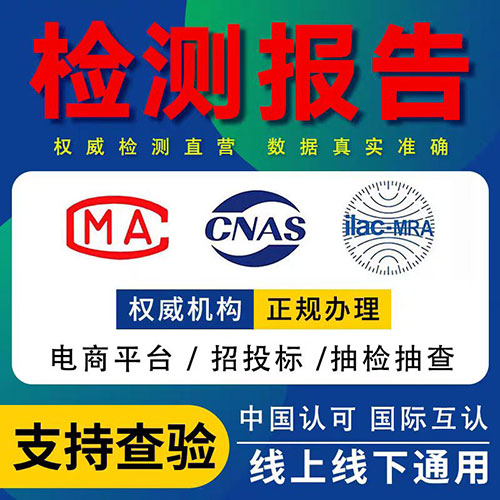rohs声明英文怎么写
What is ROHS Declaration?
ROHS stands for Restriction of Hazardous Substances. The ROHS Directive was created by the European Union and went into effect on July 1, 2006. It mandates that all electrical and electronic equipment placed on the European Union market must be free of certain hazardous substances. ROHS compliance is mandatory for all products sold to the EU market.
Why is ROHS Declaration Important?
The principle behind ROHS is to protect human health and the environment by restricting the use of certain hazardous substances in electronics. These hazardous substances include lead, mercury, cadmium, and other heavy metals. These substances can be harmful to the human body if they are ingested or inhaled, and can also have a negative impact on the environment if not properly disposed of.
Compliance with ROHS is important not only to meet legal requirements, but also to demonstrate social responsibility and commitment to the health and well-being of the consumer and the environment. ROHS certification adds value and recognition to a company's products and services.
ROHS Declaration Requirements
The ROHS directive affects all electrical and electronic equipment that is sold in the EU market. This includes but is not limited to household appliances, computers, mobile phones, and industrial machinery. The Directive sets the maximum concentration values of restricted substances in homogeneous materials in electronic products.
The ROHS certification process involves thorough testing and verification of product compliance. Companies must ensure that their products do not contain any of the restricted substances above the maximum permitted levels. ROHS declaration must be included in all relevant product documentation, packaging, and labelling.
Benefits of ROHS Declaration
Compliance with ROHS directive brings many benefits to manufacturers and consumers. It promotes environmental protection and sustainability by reducing hazardous waste, conserving natural resources and lowering carbon emissions. By complying with ROHS, manufacturers can win and maintain customer loyalty and brand recognition, and demonstrate that their products are safe and eco-friendly.
ROHS certification also helps companies avoid penalties and legal actions from regulators and competitive challenges, and it qualifies products to access different markets worldwide.
Challenges of ROHS Declaration
While the ROHS directive is primarily focused on reducing hazardous substances in electronics, it presents challenges for companies in their supply chain and operations. Complying with ROHS requires significant investment in infrastructure, technology, and compliance processes. Many companies have limited resources and experience to meet these requirements and may face difficulties in balancing costs and benefits.
Furthermore, compliance with ROHS directive can impose constraints on the product and process design that may affect performance, time-to-market, and innovation. These challenges require companies to work closely with suppliers, testing laboratories and regulatory authorities to ensure that their products comply with the regulation while maintaining quality, reliability, and competition.
Conclusion
ROHS declaration is an essential requirement for all electronic equipment producers and distributors that want to operate in the EU market and demonstrate their commitment to environmental and consumer protection. Compliance with ROHS can be challenging, but it offers many benefits to companies that are willing to invest in sustainable and responsible manufacturing practices. By complying with ROHS, companies can enhance their reputation, strengthen customer relationships, and contribute to a cleaner and greener future.

 有样品要送检?试试一键送检,15分钟极速响应
有样品要送检?试试一键送检,15分钟极速响应



